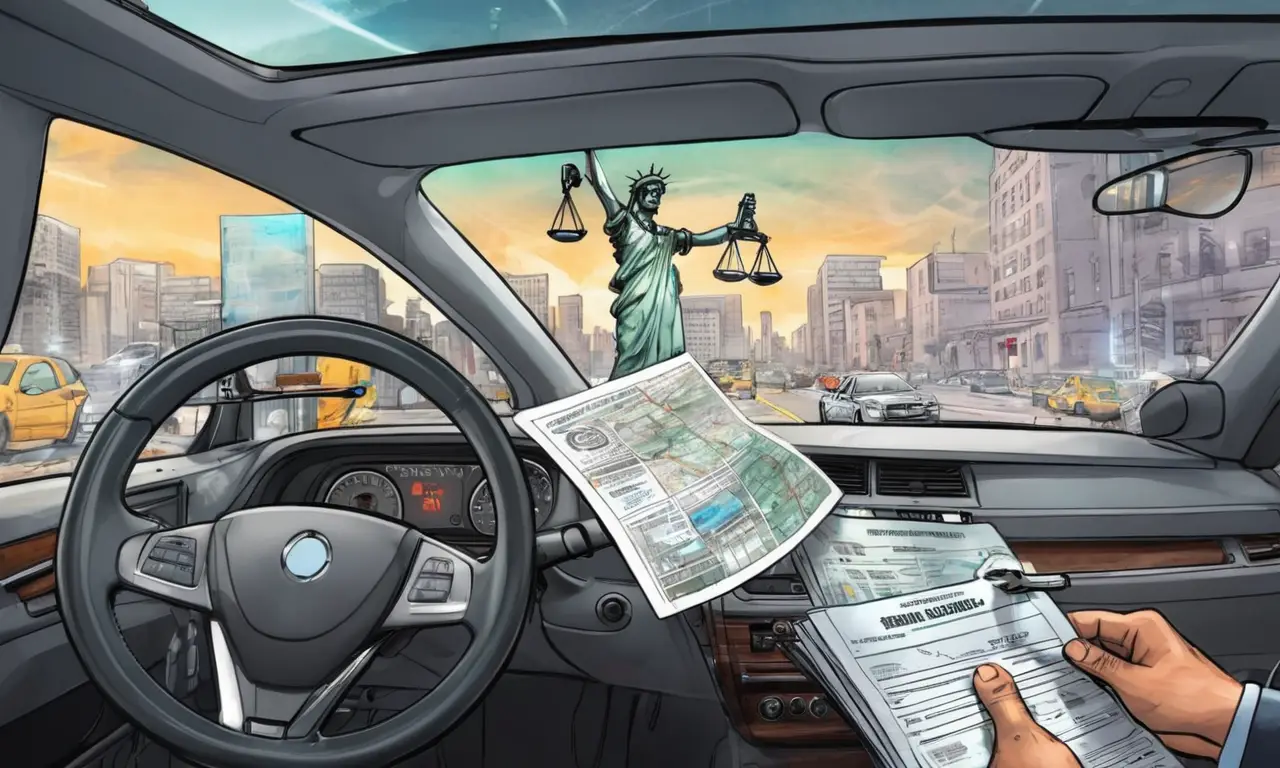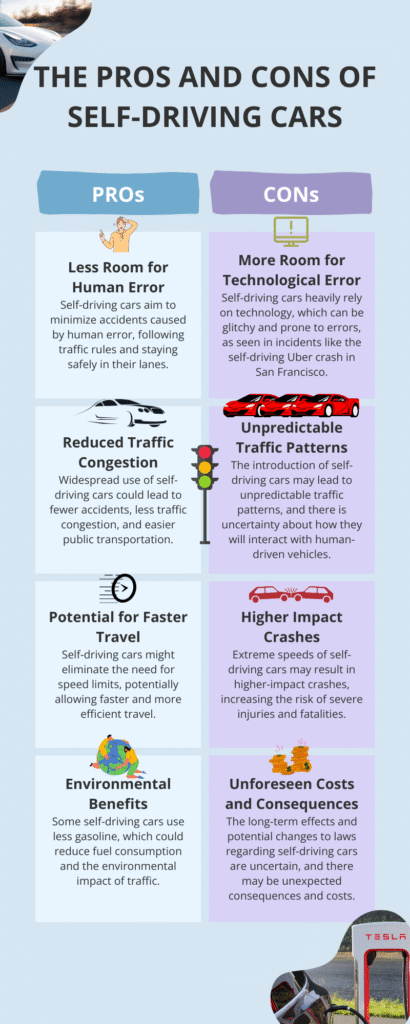The rise of self-driving cars promises a future of increased safety, efficiency, and accessibility. However, this technological advancement also brings a complex web of legal questions that need careful consideration. As autonomous vehicles become more prevalent on our roads, it’s crucial to understand the potential legal risks and responsibilities associated with their use.
This article will delve into the legal landscape surrounding self-driving cars, exploring topics such as driver liability, accident responsibility, DUI charges in relation to autonomous features, and the ever-changing regulatory environment. By understanding these complexities, drivers can make informed decisions and navigate the legal implications of using self-driving technology responsibly.
Legal Responsibility in Self-Driving Cars
Despite advancements in autonomous driving technology, the legal framework surrounding driver responsibility remains largely unchanged. In most jurisdictions, even when utilizing self-driving features, human drivers are still legally responsible for the operation of their vehicles. This means that if an accident occurs while a self-driving system is engaged, the driver could be held liable for damages and injuries.
The concept of “driver supervision” plays a crucial role in this legal framework. While self-driving systems can handle many aspects of driving, drivers are expected to remain attentive and ready to take control when necessary. This requires constant vigilance and the ability to intervene promptly if the autonomous system encounters difficulties or malfunctions. Failure to maintain adequate supervision could result in legal consequences for the driver.
Autonomous Vehicle Accidents and Liability

Determining liability in accidents involving self-driving cars can be complex and multifaceted. Several factors come into play, including the level of autonomy of the vehicle, the actions of the human driver, and the potential role of software or hardware malfunctions.
In cases where a self-driving system is deemed to have malfunctioned, manufacturers could face liability for damages caused by the defect. However, proving negligence on the part of the manufacturer can be challenging and often involves extensive technical investigations. Furthermore, if the human driver contributed to the accident through negligence or failure to supervise, their liability may also be established.
DUI Charges and Self-Driving Features
The question of can you get a DUI in a self-driving car is a complex one with evolving legal interpretations. While current laws generally hold drivers responsible for their actions behind the wheel, the increasing sophistication of autonomous systems raises new challenges for law enforcement.
If a driver is found to be impaired while using a self-driving feature, they could still face DUI charges. This is because the law typically focuses on the driver’s state of mind and ability to operate a vehicle safely, regardless of the level of automation present. However, as autonomous technology advances, legal definitions and enforcement practices may need to adapt to address the unique circumstances surrounding self-driving vehicles.
Evolving Laws and Regulations

The legal landscape surrounding self-driving cars is constantly evolving as lawmakers grapple with the complexities of this emerging technology. Governments worldwide are working to establish clear regulations and guidelines for the development, testing, and deployment of autonomous vehicles.
These regulations often address issues such as vehicle safety standards, data privacy, cybersecurity, and liability in accidents. Staying informed about local laws and regulations is essential for drivers who choose to use self-driving features, as compliance with these rules can have significant legal consequences.
Best Practices for Self-Driving Car Use
While self-driving technology offers numerous potential benefits, it’s crucial to prioritize safety and responsible use.
Driver Awareness and Supervision:
Remain attentive and ready to take control of the vehicle at any time. Avoid distractions such as using your phone or engaging in activities that divert your attention from the road. Regularly check the status of the self-driving system and be prepared to intervene if necessary.
System Limitations:
Understand the limitations of the self-driving system and avoid operating the vehicle in conditions where it may not perform optimally, such as heavy rain, snow, or construction zones. Be aware that autonomous systems may not always recognize all road hazards or make perfect decisions.
Ethical Considerations:
Self-driving cars raise ethical dilemmas that require careful consideration. Be prepared to make difficult decisions in unforeseen situations and strive to act in a manner that prioritizes the safety and well-being of all road users.
Conclusion
The integration of self-driving technology into our transportation systems presents both exciting opportunities and significant legal challenges. As autonomous vehicles become more prevalent, it’s essential for drivers, manufacturers, policymakers, and the public to work together to establish a clear and comprehensive legal framework that promotes safety, accountability, and ethical considerations. By staying informed about evolving regulations, practicing responsible driving habits, and engaging in thoughtful discussions about the implications of this technology, we can navigate the complexities of self-driving cars and harness their potential for good.



